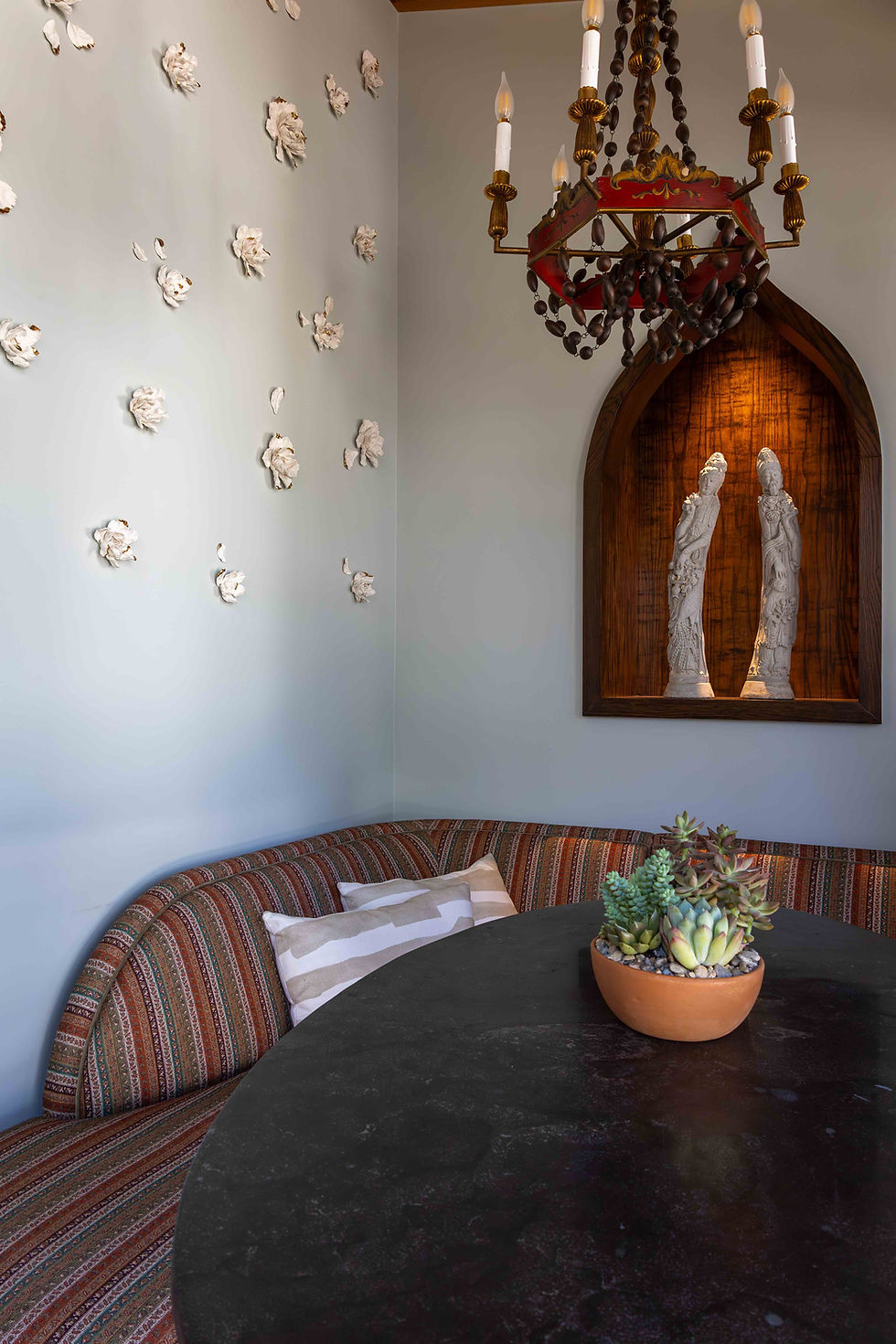Interior Designer vs. Decorator
- Montana Elliott
- Jul 16, 2025
- 2 min read
Updated: 1 day ago
About 20 years ago I was heavily considering not pursuing my interior design degree. I was contemplating jumping right into decorating and skipping over my degree. However, I had an older mentor at the time that said "Go to school. The time will pass anyway and at the end, you will be standing with a degree in hand". They were 100% right.
Now as I look back, it was one of the best decisions I made regarding my career. I went on to train under architects for nine years and passed the NCIDQ exam, registering with the state of Texas as a licensed and stamping interior designer. It has made a difference to clients and builders alike, as a licensed individual has code and construction knowledge. Not to mention the sheer amount of knowledge I acquired working under architects.

I often tell clients I am a licensed interior designer who does decoration, but not all decorators are licensed professionals. That is true of most states in the US, Austin Texas included. It's the equivalent of hiring a draftsperson who can use computer programs to generate a floor plan, vs hiring a classically trained architect to envision a space. By all means, when embarking on a custom home design, commercial space, or boutique space, hiring a licensed designer ensures your money is well spent and saves your investment in the long run. Below is a list of differences between an interior designer and an interior decorator.
Interior Decorator
Concerned about the aesthetics and visual appeal of a space
Concerned about the functional needs of a space
Works with existing structure or space designed by others (architect, draftsperson etc.)
Not involved with building codes or regulations
No formal education is required
Unregulated practice, ie not governed by any laws
Does not create drawings for permits or formal construction documentation process for building
Does select furniture, lighting, paint colors, wall treatments, flooring, tile, window treatments and accessories etc.
Licensed Interior Designer
Registered with the state authorities, has passed the state exam
Has formal education and training, required a minimum five years
Understands building science
Can make non-structural modifications to a plan or design (ie move walls)
Concerned about the aesthetics and visual appeal of a space
Concerned about the functional needs of a space
Involved and knowledgeable about building codes and regulations
Works closely with architects, engineers and contractors to integrate building systems (HVAC, electrical, plumbing etc.)
Does create drawings for permits or formal construction documentation process for building
Does select furniture, lighting, paint colors, wall treatments, flooring, tile, window treatments and accessories etc.
An interior decorator may be a good fit if you need direction for aesthetics, materials and colors. A licensed interior designer may be a good fit if you are looking for expertise in space planning to aesthetics.
Thanks for reading,
Montana
Austin Interior Designer
Austin Texas Interior Designer
Hill Country Interior Designer
Interior Design Firm Austin Texas
Design Firms Austin Texas
Interior Decorator Austin Texas
Interior Designer near me Austin




Comments